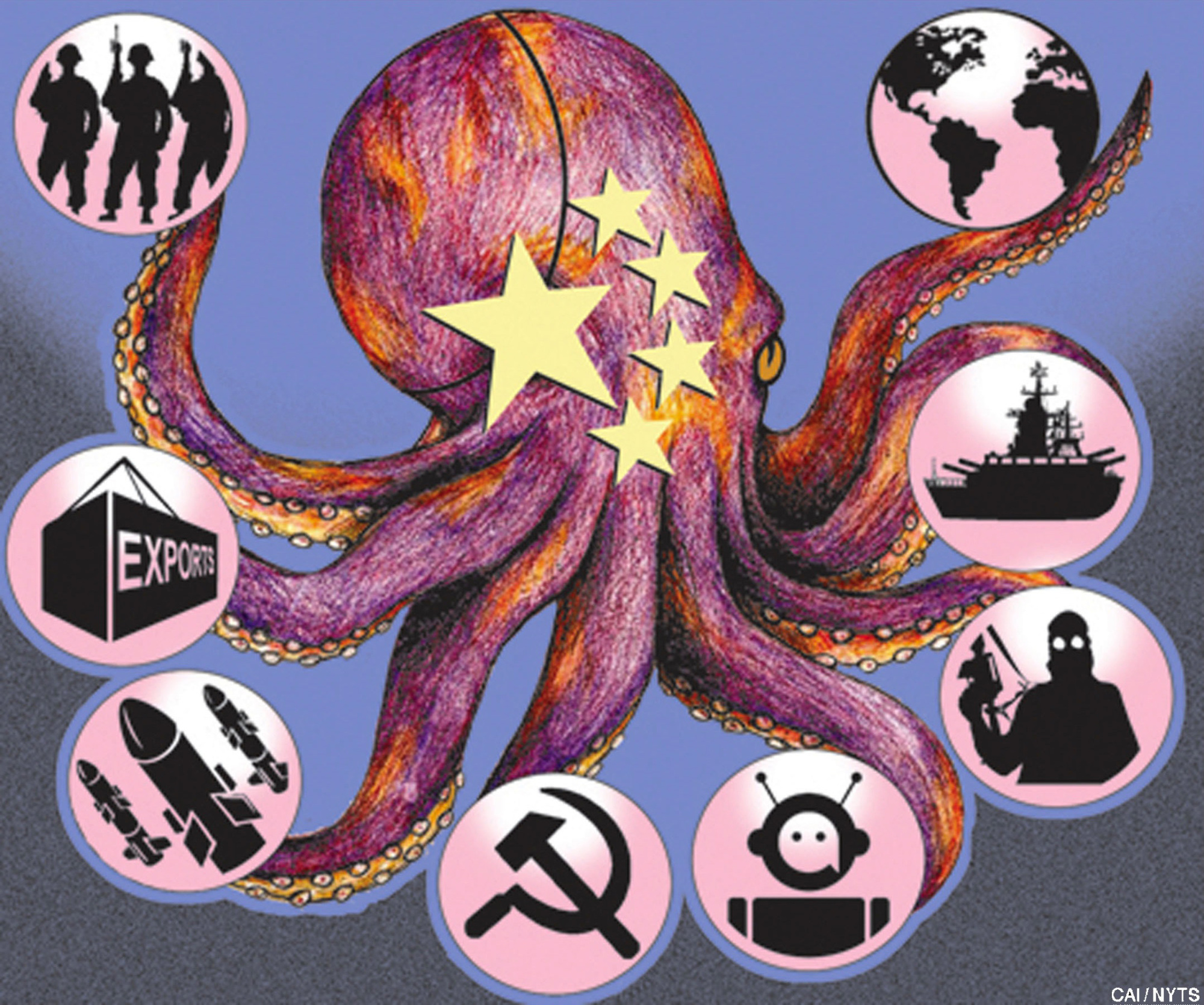With the specter of a destabilizing power imbalance looming large in the world's most dynamic region, the Indo-Pacific, the imperative to establish what Prime Minister Shinzo Abe once called a "democratic security diamond" has prompted Australia, India, Japan and the United States to renew efforts toward a strategic constellation of democracies.
Close strategic collaboration among key democracies can help institute power stability and contain the challenges that threaten to disrupt stability and impede economic growth in the Indo-Pacific, a region marked by the confluence of the Indian and Pacific oceans. At the core of a potential constellation of democracies is the strategic quadrilateral of Australia, India, Japan and the U.S.
On the sidelines of the East Asia Summit in Manila, U.S. President Donald Trump, Indian Prime Minister Narendra Modi, Australian Prime Minister Malcolm Turnbull and Abe held bilateral and trilateral meetings between themselves. Diplomatic officials from the four countries also held a joint meeting there to examine "ways to achieve common goals and address common challenges in the region," with the quadrilateral partners agreeing to defend the rules-based order, according to the U.S. State Department.


















With your current subscription plan you can comment on stories. However, before writing your first comment, please create a display name in the Profile section of your subscriber account page.